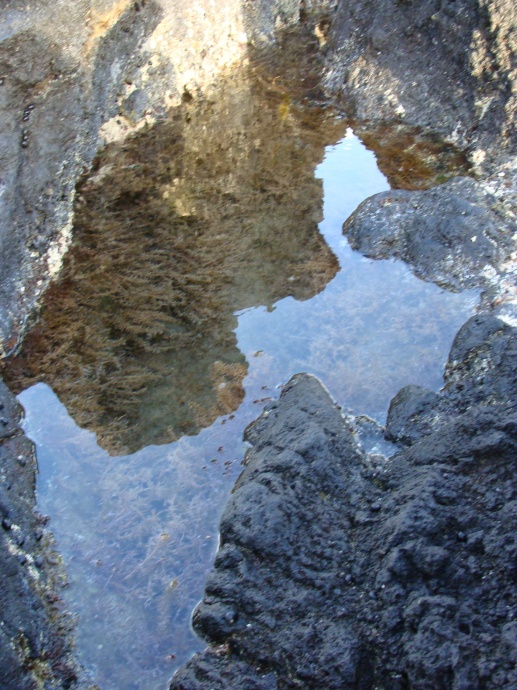Aquarium Fish Trade Focus of Proposed Rules
By Wendy Osher
The Department of Land and Natural Resources hosts public hearings on O’ahu and in West Hawai’i today to discuss proposed rules for the management of fish by aquarium collectors.
The proposed rules would establish requirements for the collection of certain marine life and its related net collecting gear.
The proposed rules are for respective islands only.
- The proposed rules on O’ahu include: establishing a net length limit, commercial bag limits for seven species, size limits on three species, and no take of three species.
- The proposed rules in West Hawai’i include: a SCUBA spearfishing prohibition; closing a 1,500 foot section of Ka‘ohe Bay, South Kona, to aquarium collecting; establishment of a list of 40 fish species permitted for aquarium take with size and bag limits on three of these species; prohibition on take or possession of nine species of inshore sharks and rays and two invertebrate, crown-of-thorns predators; and several other rule changes to enhance enforcement of aquarium collecting regulations and to clarify existing rule provisions.
Here on Maui, the contentious issue of aquarium fishing in Hawaiian waters has drawn the attention of marine advocacy groups.
The Maui-based group, For the Fishes, claims the industry had led to a drastic decline in the populations of reef fish in unprotected areas, has caused coral reef degradation, and depleted populations of some species.
Attorney Caroline Ishida from the environmental law firm Earthjustice also has a pending lawsuit dealing with the aquarium collection trade.
She is asking DLNR to conduct environmental reviews–including an examination of cumulative damage to the state’s reefs–before granting permits that allow unlimited aquarium collection of marine wildlife in coastal waters.
Earthjustice filed the complaint under the Hawaiʻi Environmental Policy Act in the First Circuit Court on behalf of Maui’s Rene Umberger, Mike Nakachi, Kaimi Kaupiko, Willie Kaupiko, Conservation Council for Hawaiʻi, The Humane Society of the United States, and the Center for Biological Diversity.
“DLNR owes it to the people of Hawaiʻi to take a hard look at the effects of aquarium collection on our coral reefs before it allows these ecologically-valuable animals to be shipped to the mainland for private profit,” said Earthjustice attorney Caroline Ishida in a media statement when the suit was filed in October.
Ishida is among those who will be attending the O’ahu hearing and will be providing comments to DLNR.









